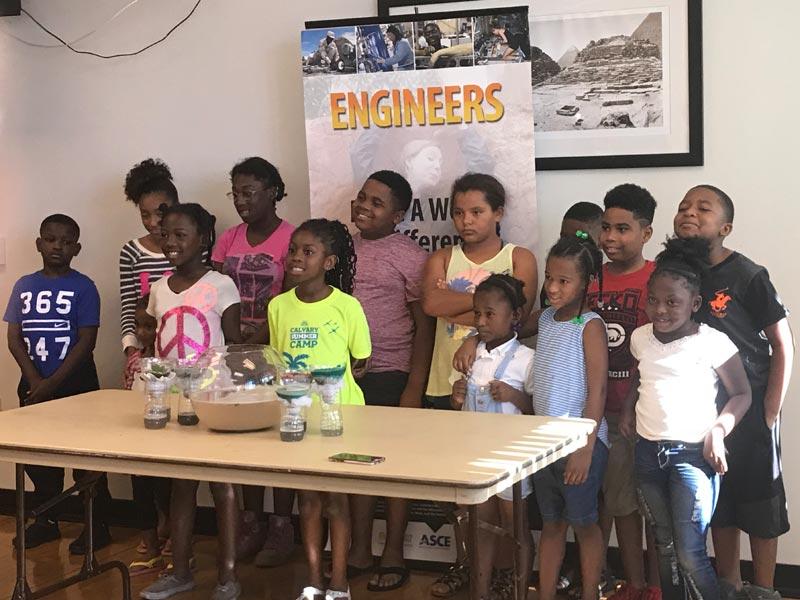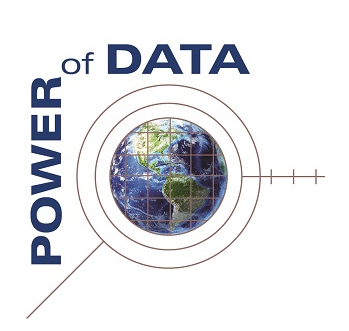Creating and testing data science learning tools for secondary students with disabilities
The main goal of this collaborative project is to create and evaluate a universally accessible data science infrastructure for high-school-aged learners, with a focus on students with disabilities. Data science is critical in the development of industry-relevant computational thinking skills. Computing initiatives, including data science, are rapidly growing at the preschool-12th grade level because of the compelling career pathways that data science skills provide.

